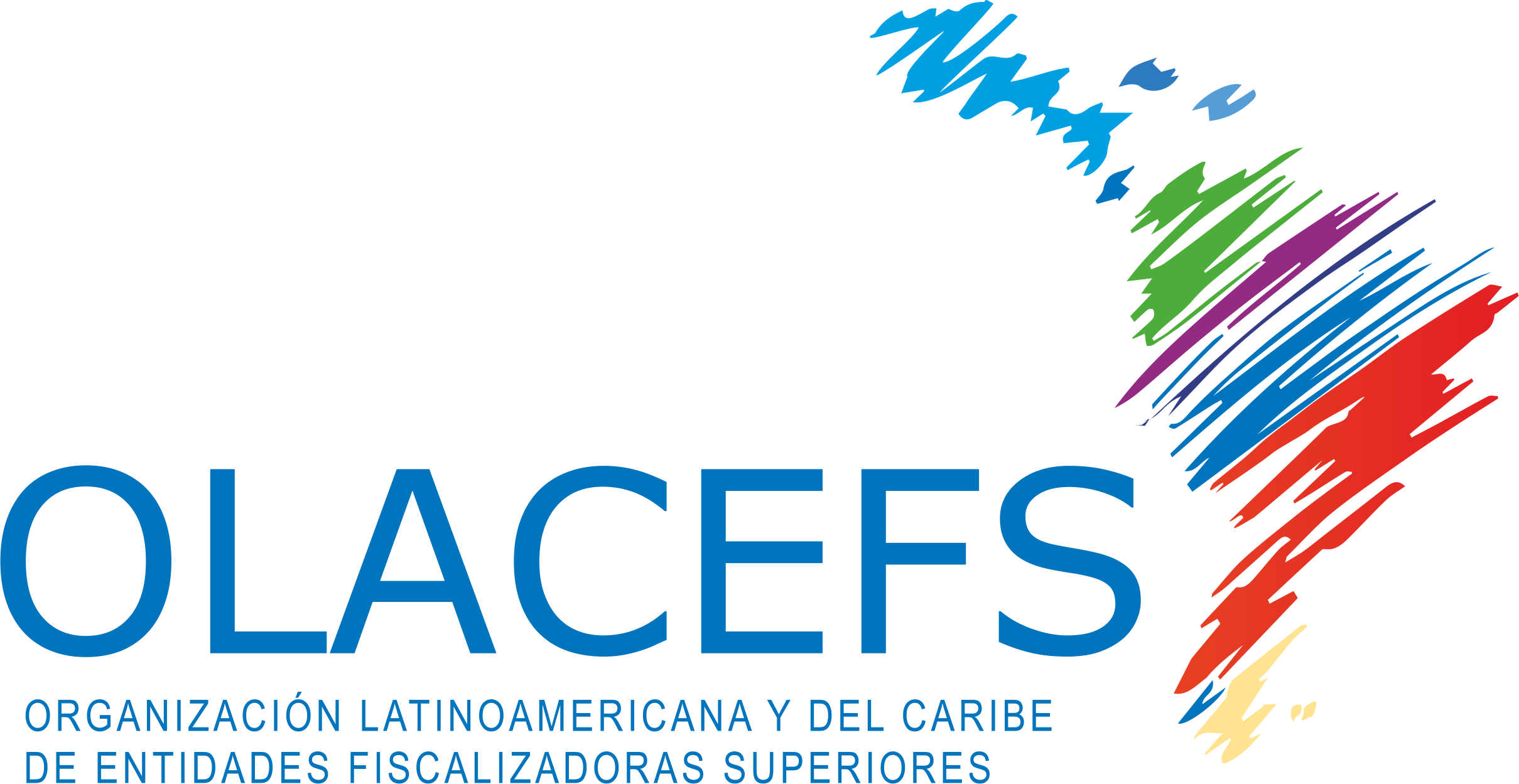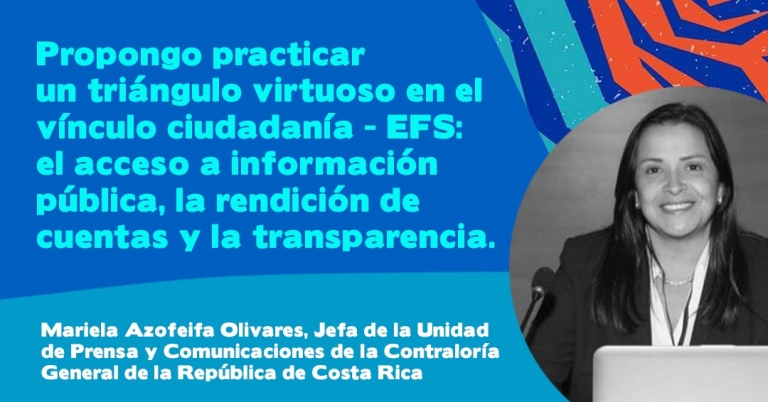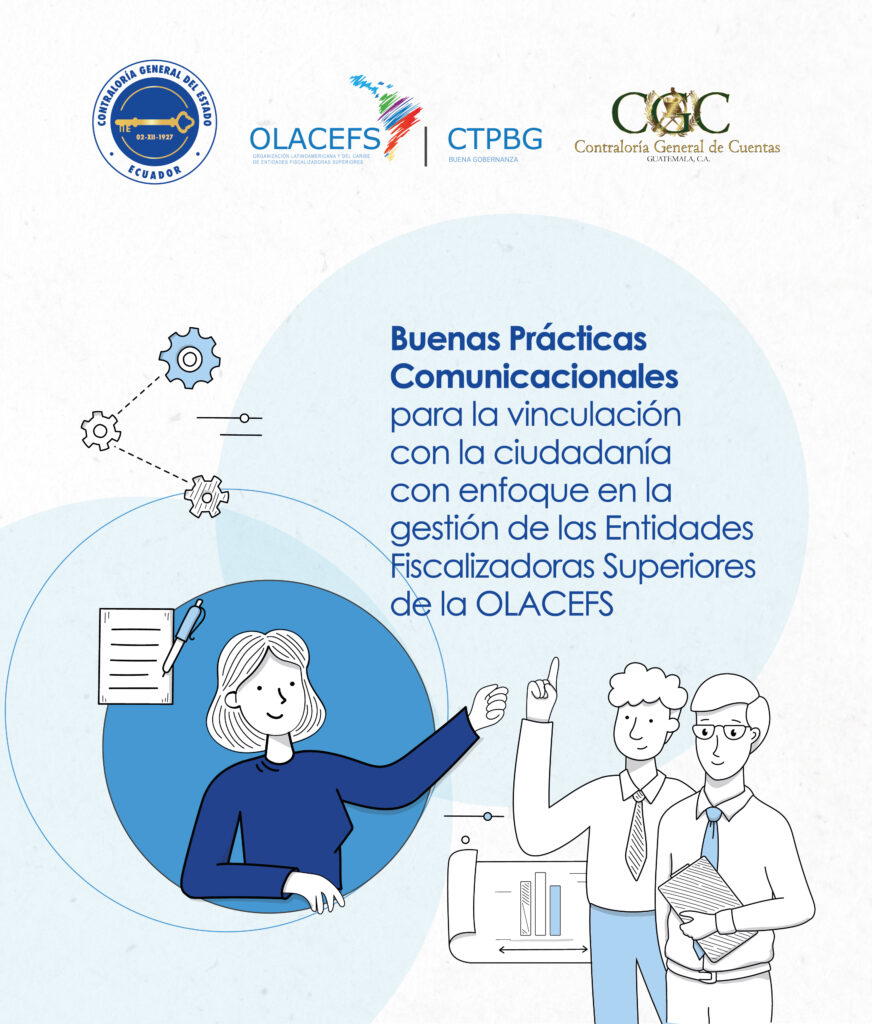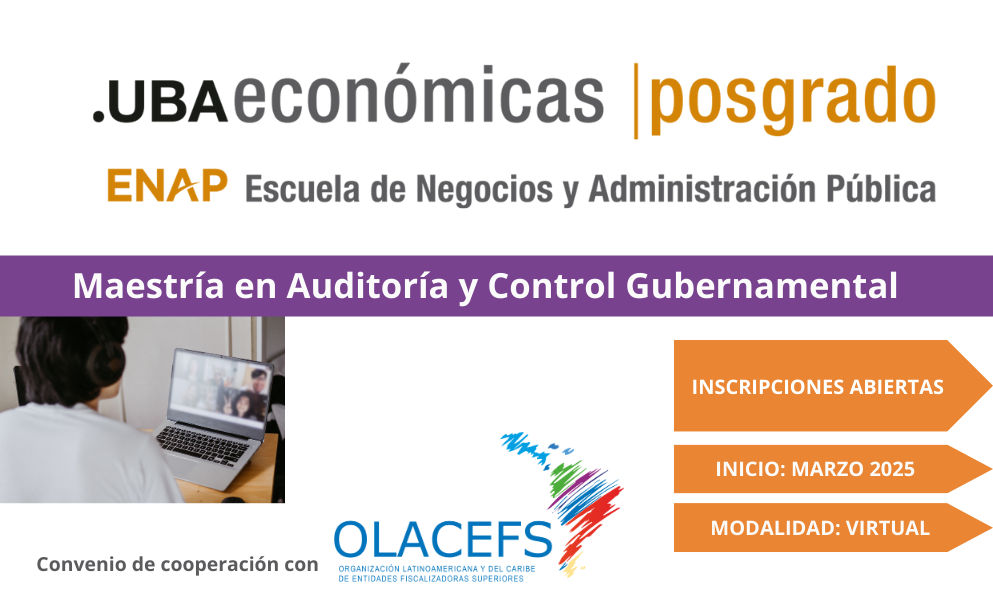Mariela Azofeifa Olivares,
Office of the Comptroller General of the Republic of Costa Rica
The Supreme Audit Institutions (SAIs) are, in times of crisis such as that caused by the COVID-19 pandemic, among the entities with the greatest credibility and expectation on the part of the citizens. Many actors in society turn their eyes to the extraordinary work that falls on the external control bodies of the Public Administration, almost without distinction of country and control model. The safeguarding of the Public Treasury is an enormous challenge for efficiency and agility in public procurement, for the correct and timely execution of the budget, for auditing as a relevant function against public spending, and for the generation of regulations that allow the correct investment of public funds in the state activities that have the greatest demand for action to address the health emergency.
Perhaps the list of lessons that the institutional attention to the pandemic is giving the SAIs seems enormous at this time, where the effects have not completely come to light and the citizens are in the midst of a battle where they await state aid under the vigilance of the SAIs given the critical fiscal situation of the countries of the Latin American region. Taking care of scarce public funds and speeding up spending on what is required is a double challenge for the entire state apparatus.
The demands of public control are intensified, in some cases by seeking the omnipresence of SAIs in every procurement of goods and services, in every disbursement of public resources, in every legislative decision on bills to address the emergency. It is therefore particularly important to manage adequate information flows and effective communication channels in order to make it clear, on all sides, that SAIs cannot be involved in each and every public action to mitigate the effects of the pandemic, but with an adequate substantive control strategy, we can design actions in line with the highly volatile and demanding environment.
It is against these circumstances that we must be more strategic about when to carry out more timely and relevant actions of control: in ex ante controls, we must seek to speed up the institutional activity of urgent public procurement; in concomitant controls, we must address the control priorities on the infinite agenda of issues to be audited; in ex post controls, we must plan, from now on, the areas that will require accountability and rely on other control instances such as internal audits; in sanctioning controls, we must bear in mind that, in many countries, the regulatory framework is made more flexible in the face of declared national emergencies, and this also opens doors for those who act in disregard of the legal framework and commit fraud and corruption. It is worth reminding all external stakeholders about the channels of complaint in case they are faced with the commission of any irregularities that may be occurring in some state entity in the midst of the pandemic.
Valuing the environment as changing, as a rule of principle, is fundamental. SAIs must continue their regular audit activity and must not neglect the extraordinary actions that the pandemic implies, with the same personnel, job skills, technological, financial and informational resources. This then implies an optimization of all resources, with special emphasis on the intensive use of information and communication technologies, starting with the teleworking already applied in many SAIs, going through the use of effective online communication channels, without leaving aside the very important institutional culture that permeates all the actions of the SAI. Here, the challenge is to tune civil service, competencies, priorities and resources into the same melody and achieve harmony with the environment, making what we do available to all the other control actors: political, media and social.
One lesson that can also be drawn upon at this juncture is the ancillary role that the SAI can play before the Parliament of each country in the region, given that there is no body more prepared to shed light on relevant rules and procedures in the generation of laws and regulations in public institutions than the nation’s supreme audit institution. The strategic role of the SAIs in the legislative environment has a special moment in a national emergency, when haste rules and control cannot be disregarded, seeking an ideal balance between respect for the principle of legality and the achievement of national objectives, in the shortest time and at the lowest cost possible.
Monitoring the environment and identifying the stakeholders of each SAI will also allow for the assessment of prudent and relevant control actions, expected and demanded by those who always expect the SAI to play its role to the fullest. The confidence enjoyed by the audit institutions in the region is inversely proportional to that enjoyed by some governments in the region, and this reality cannot be ignored when it comes to generating a control agenda in the midst of a global health emergency.
This monitoring of the environment, in turn, serves as a basis for, together with internal self-diagnosis, an exhaustive analysis of institutional risks under national conditions regarding the procedures for providing health solutions for the population at risk and for those affected by the disease. Enabling an efficient, effective and affordable health care system is not easy in regular times, much less so in critical times when a fellow citizen’s life may depend on access to a laboratory test, diagnosis, medicine or hospital bed. .
The unique and specific powers of SAIs make it necessary to bear in mind that expectations are high and it is time to turn our eyes to the SAIs that have developed good practices and can help those in need. The review, consultation, exchange and open space to discuss what other control bodies are doing is valid and relevant at this historic moment, knowing that everything we do must be adjusted to our own institutional and legal environments.
To conclude this limited list of unlimited lessons, I propose a virtuous triangle be practiced that citizens value which emanates from the SAIs: access to public information, accountability and transparency. When, from our institutional trenches, we can promote and develop mechanisms conducive to these three democratic principles, we will have taken on the greatest challenge in the midst of the crisis, which consists of doing our work and disseminating it to all citizens, who always expect seriousness, professionalism, engagement and solidarity in difficult times for our fellow citizens.
I leave you the task of adding entries to this blog, which undoubtedly contributes to the challenges mentioned in this brief contribution.
